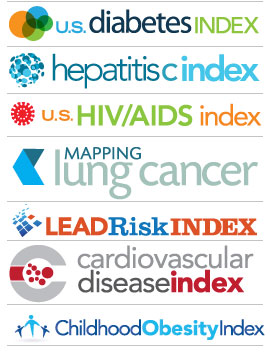Informed Consent and Placebo Effects: A Content Analysis of Information Leaflets to Identify What Clinical Trial Participants Are Told about Placebo
Clinical Trial News Friday, July 6th, 2012Plosone.org: 6/27/12
Placebo groups are used in randomised clinical trials (RCTs) to control for placebo effects, which can be large. Participants in trials can misunderstand written information particularly regarding technical aspects of trial design such as randomisation; the adequacy of written information about placebos has not been explored. We aimed to identify what participants in major RCTs in the UK are told about placebos and their effects.
Methods and Findings
We conducted a content analysis of 45 Participant Information Leaflets (PILs) using quantitative and qualitative methodologies. PILs were obtained from trials on a major registry of current UK clinical trials (the UKCRN database). Eligible leaflets were received from 44 non-commercial trials but only 1 commercial trial. The main limitation is the low response rate (13.5%), but characteristics of included trials were broadly representative of all non-commercial trials on the database. 84% of PILs were for trials with 50:50 randomisation ratios yet in almost every comparison the target treatments were prioritized over the placebos. Placebos were referred to significantly less frequently than target treatments (7 vs. 27 mentions, p<001) and were significantly less likely than target treatments to be described as triggering either beneficial effects (1 vs. 45, p<001) or adverse effects (4 vs. 39, p<001). 8 PILs (18%) explicitly stated that the placebo treatment was either undesirable or ineffective. Read more

